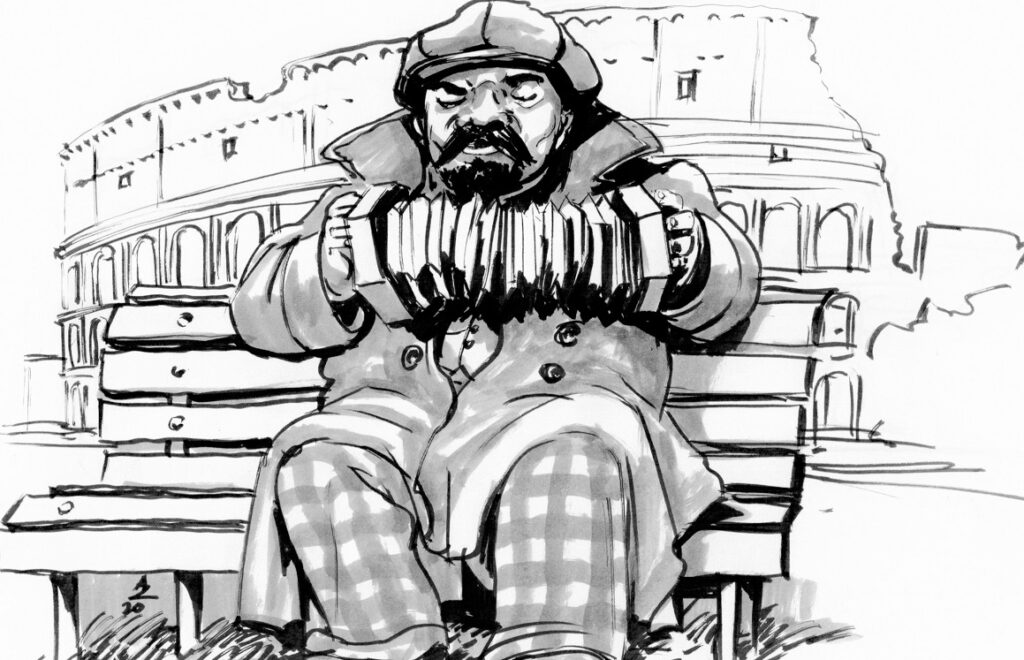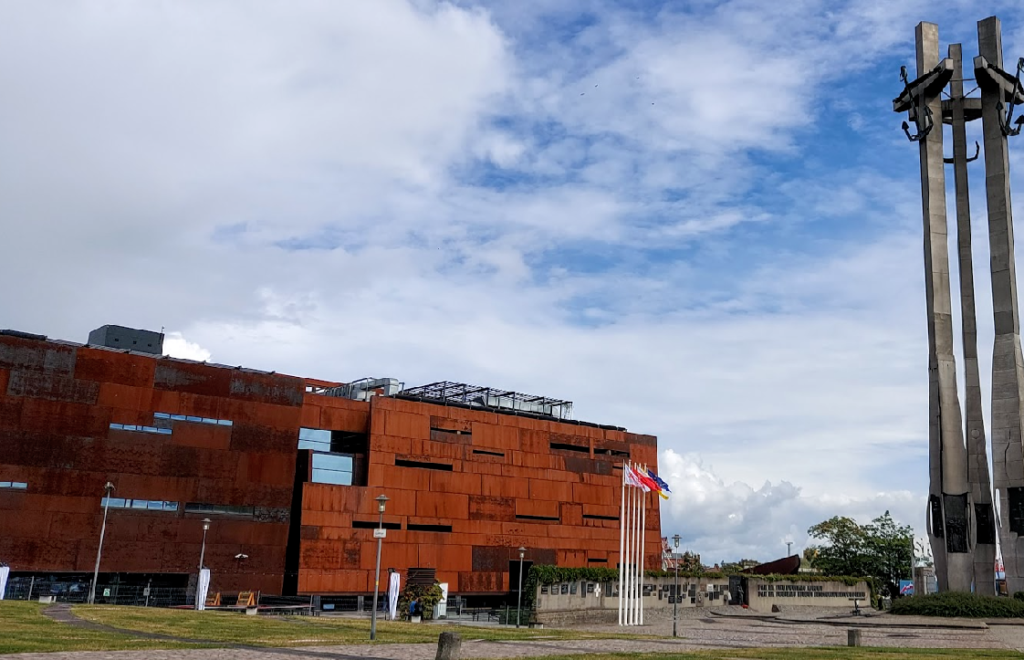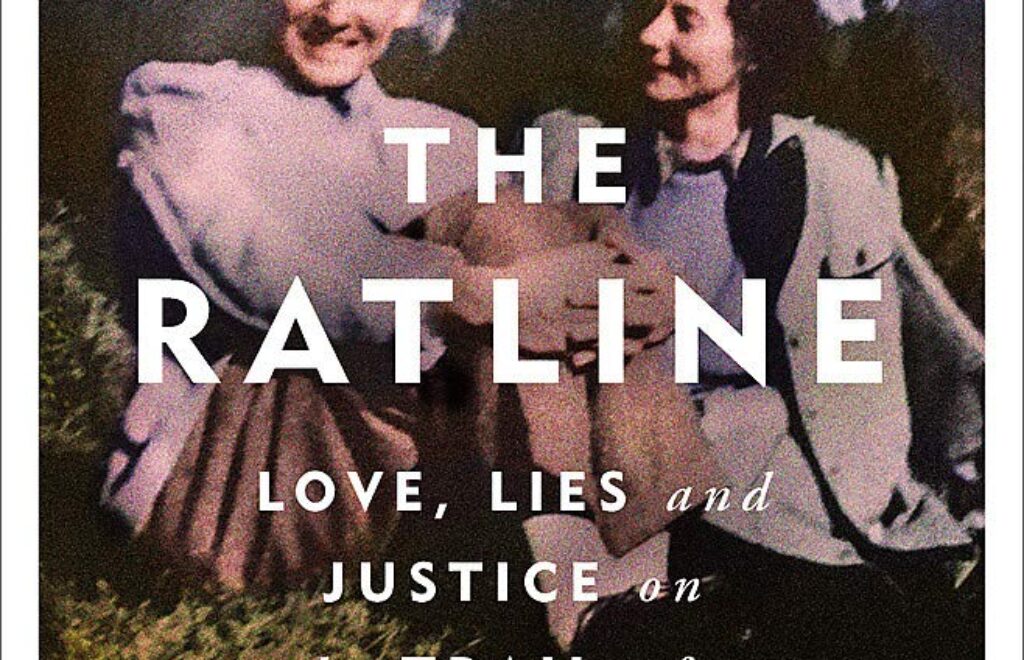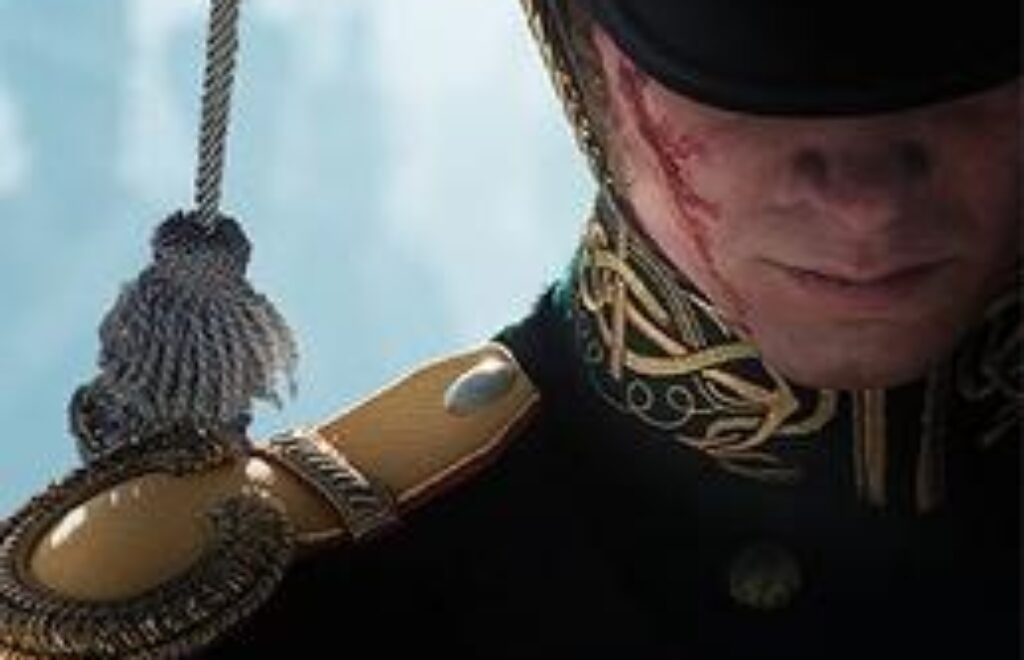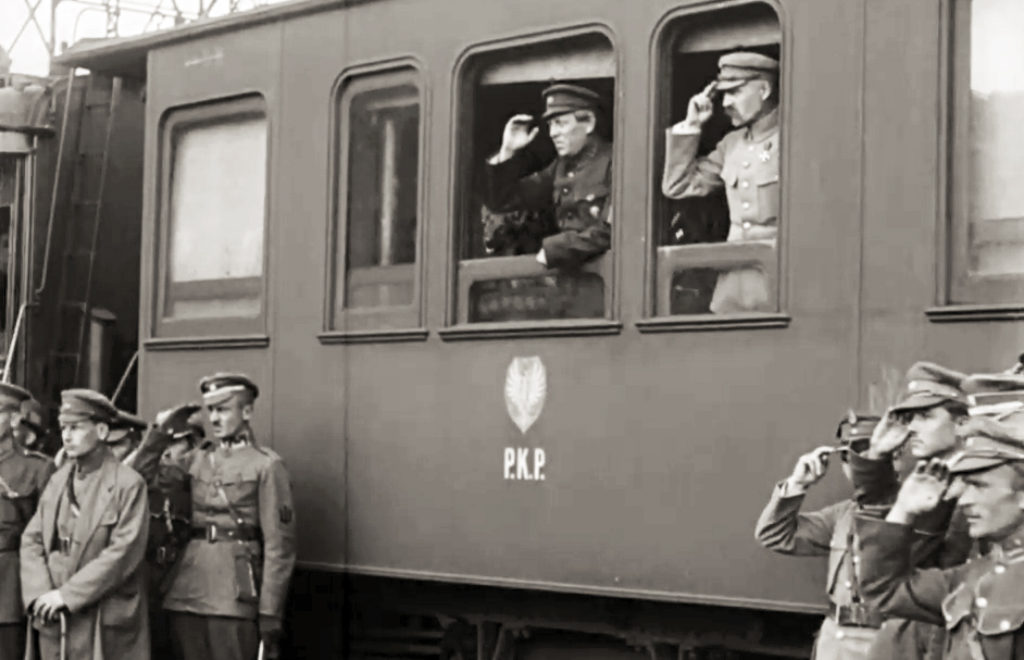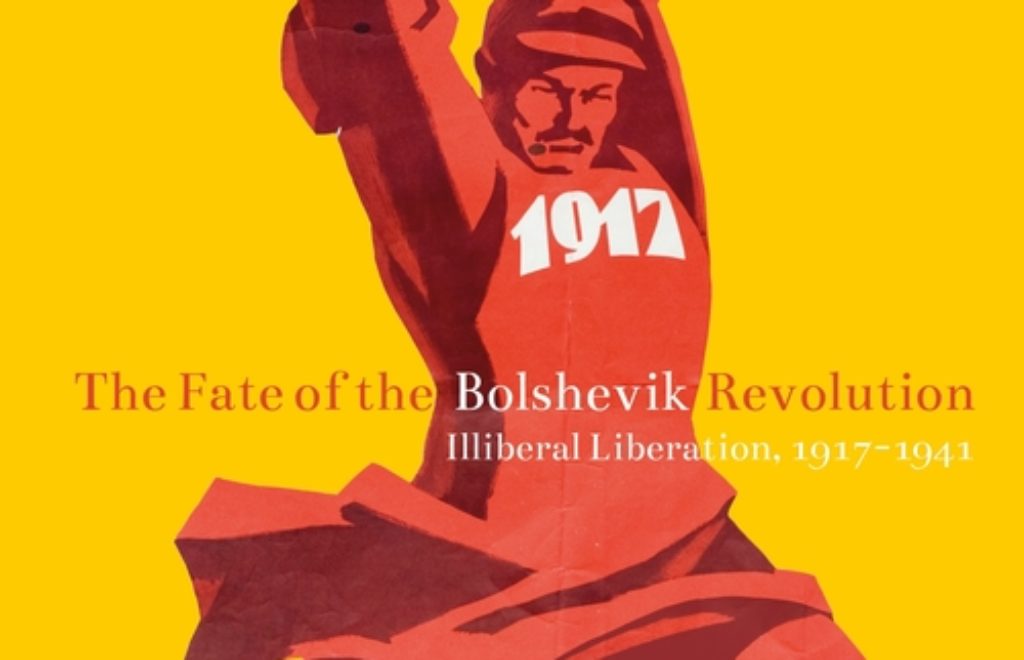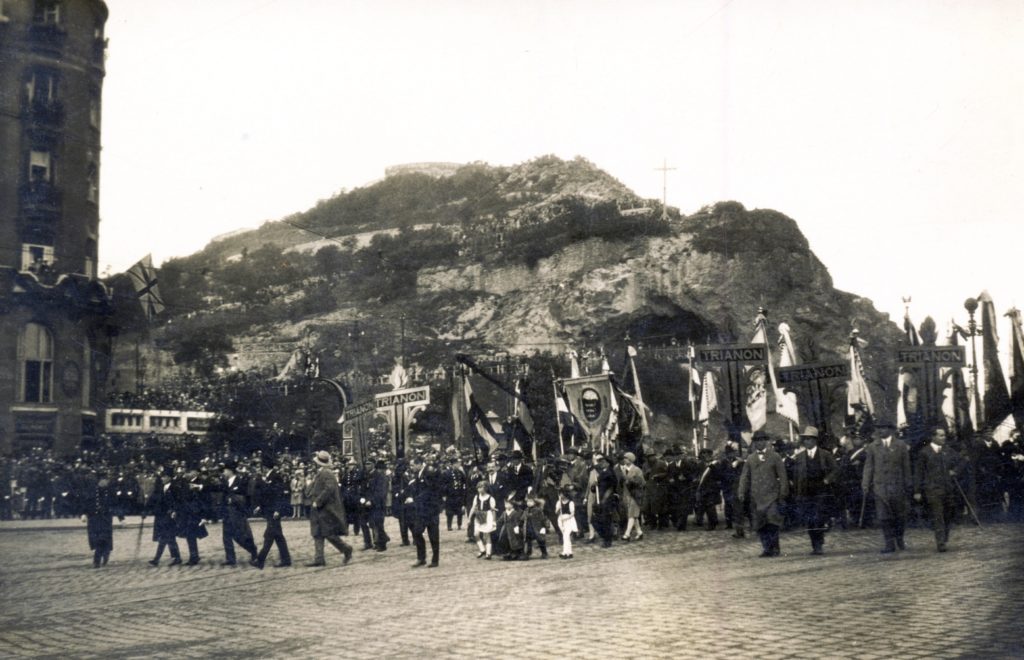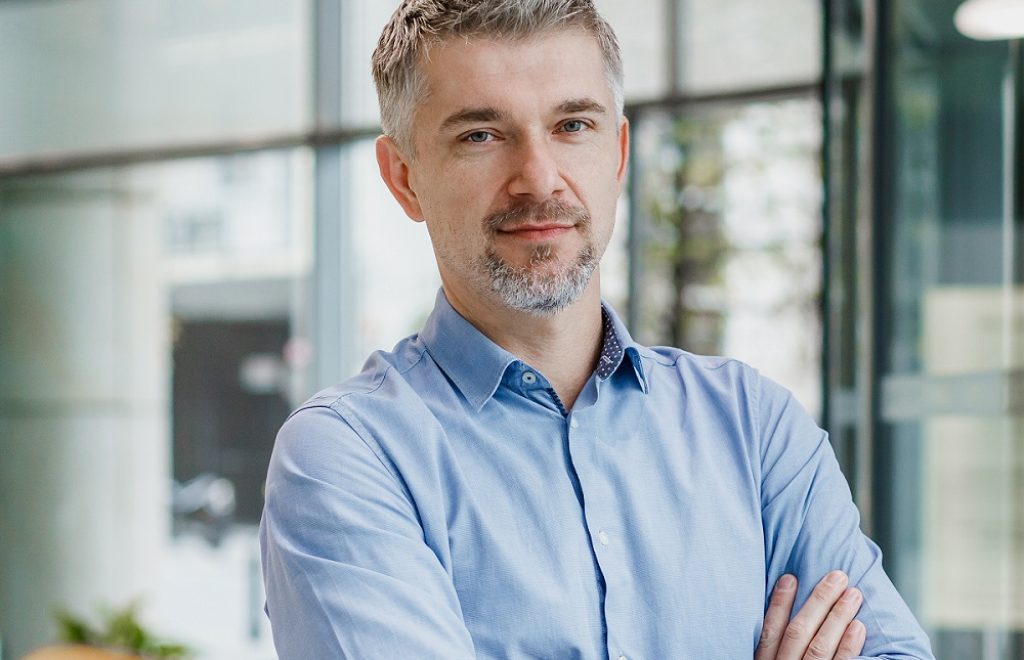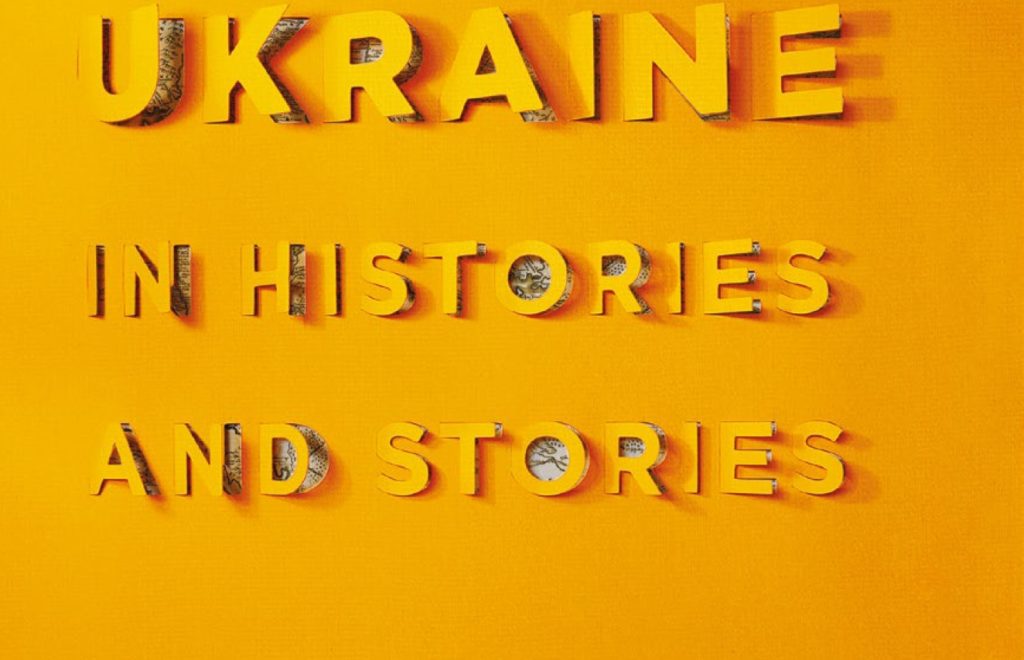Our common heritage
The world we came to live in today should not have come to us as a big surprise. Neither should the internal problems of the European Union, which, the late Polish science fiction writer, Stanisław Lem, even predicted some time ago. Earlier events such as the Arab Spring, or the weakening position of the United States, and Russia’s imperial aspirations should not have shocked us either.
November 17, 2020 - Jacek Hajduk


